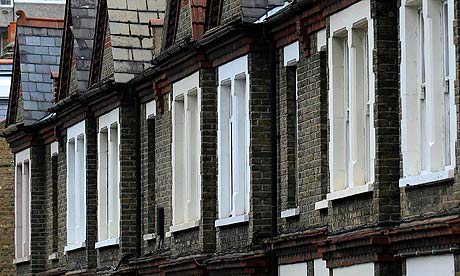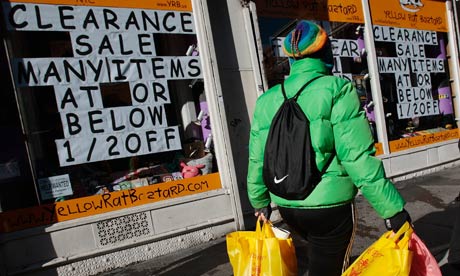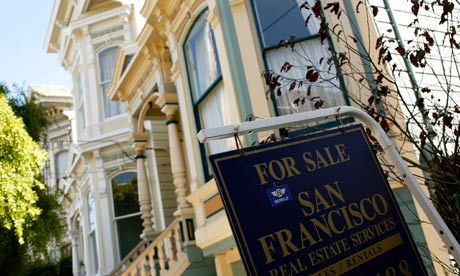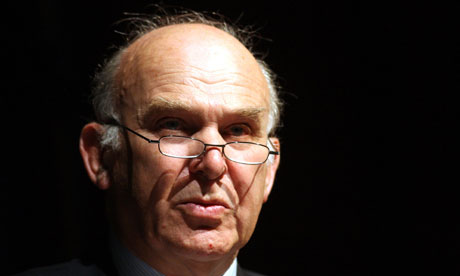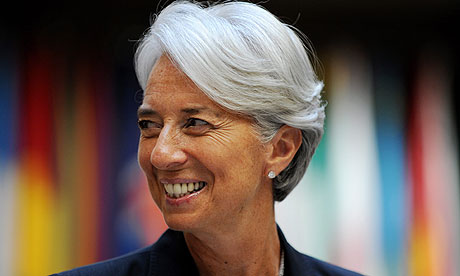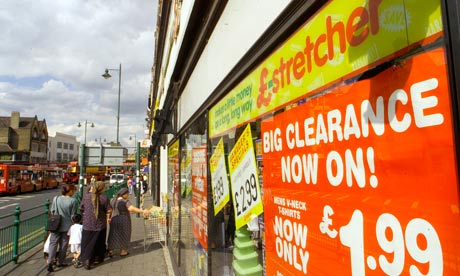
Housing minister Grant Shapps has announced plans to 'build more houses' as a federation report shows ownership dropping and 'unaffordable' prices. Photograph: Lewis Whyld/PA
The housing minister, Grant Shapps, has admitted that house prices in Britain have become "too unaffordable", following a report warning that the housing market is in crisis as home ownership falls and property prices soar.
But the minister insisted that government plans would get "Britain building again" as he outlined a number of measures, including planning reforms and a release of thousands of acres of public land, designed to increase the number of homes built.
"The charge is correct. House prices are too unaffordable in this country," said Shapps. "The government's responsibility is to respond to people's aspirations and lots of people … want to own their own properties. I think the government should stand right behind them, and we will."
Shapps sought to reassure aspiring home owners who are priced out of the market, as the National Housing Federation published a study on Tuesday which forecast that ownership in England would slump to just 63.8% over the next decade – the lowest level since the mid-1980s.
The federation, which represents England's housing associations, blamed the bleak outlook on an under-supply of homes, which it warned risked locking an entire generation out of the housing market.
David Orr, chief executive of the federation, said it was time to face up to the fact that Britain had a "totally dysfunctional housing market" with home ownership in decline, rents rising rapidly, and social housing waiting lists at a record high.
Huge purchase deposits, combined with high house prices and strict lending criteria, had sent home ownership into decline in recent years, and the downward trend would continue for the foreseeable future, the federation's independently commissioned forecasts predicted.
With 105,000 homes built in England in 2010-11 – the lowest level since the 1920s – the federation called for more government investment in affordable housing.
Orr said home ownership was increasingly becoming the preserve of the wealthy, and, in parts of England, such as London, the "very wealthy".
He said: "At the heart of this crisis is a chronic shortage of new homes. Despite the overwhelming need to increase supply, house building has slumped to a 90-year low, plunging the country even deeper into the mire.
"Ministers need to make unused public land available to housing associations, local authorities must assess the level of housing need in their area, and housing has to be finally treated as a top political priority."
Doing the rounds of television studios on Tuesday, Shapps blamed a tripling of house prices, between 1997 and 2007, which put home ownership out of the reach of many. "Despite the need to tackle the deficit we inherited, this government is putting £4.5bn towards an affordable homes programme which is set to exceed our original expectations and deliver up to 170,000 new homes over the next four years."
But the NHF said this move represented a 63% cut on the previous programme of spending on homes to rent or buy.
Shapps also pointed to a government scheme to make more public land available for homes. "We are releasing enough government land to build Leicester twice over across the country – it is a massive programme. The new-homes bonus is a multibillion pound incentive to communities to build programmes, and we are hugely reforming the planning system, which is massively complex."
But Labour said that the government's changes to housing policy would make it "harder, not easier" for people to buy property.
Alison Seabeck, Labour's shadow housing minister, said: "For many months Ed Miliband has been campaigning to protect the promise of Britain – the commitment that each generation will do better than the last. The Conservative-led government are breaking this promise by cutting investment in housing and removing the requirement on local authorities to allow new homes to be built, putting renting or buying a property out of reach for far too many people."
The NHF forecast that the proportion of people living in owner-occupied homes in England would fall from a peak of 72.5% in 2001 to 63.8% in 2021. In London, the majority of people living in the capital would be renting by 2021, the number of owner-occupiers falling from 51.6% in 2010 to 44% by 2021, the NHF added.
The only English region experiencing any increase in owner-occupier numbers over the next 10 years would be the north-east, with a rise from 66.2% to 67.4%, the federation predicted.
Jenny Jones, a Green party member of the London assembly, called for better protection for the increasing numbers of people in the private rental sector as levels of home ownership declined. More and more Londoners were relying on "one of the most insecure rental sectors in Europe" where tenants were unable to resist rent hikes and were "scared to challenge slum landlords", she said.

